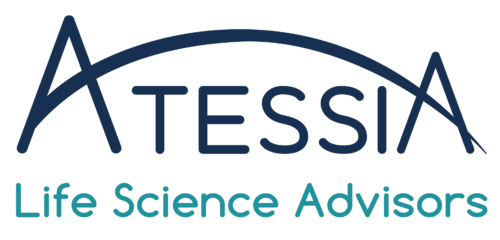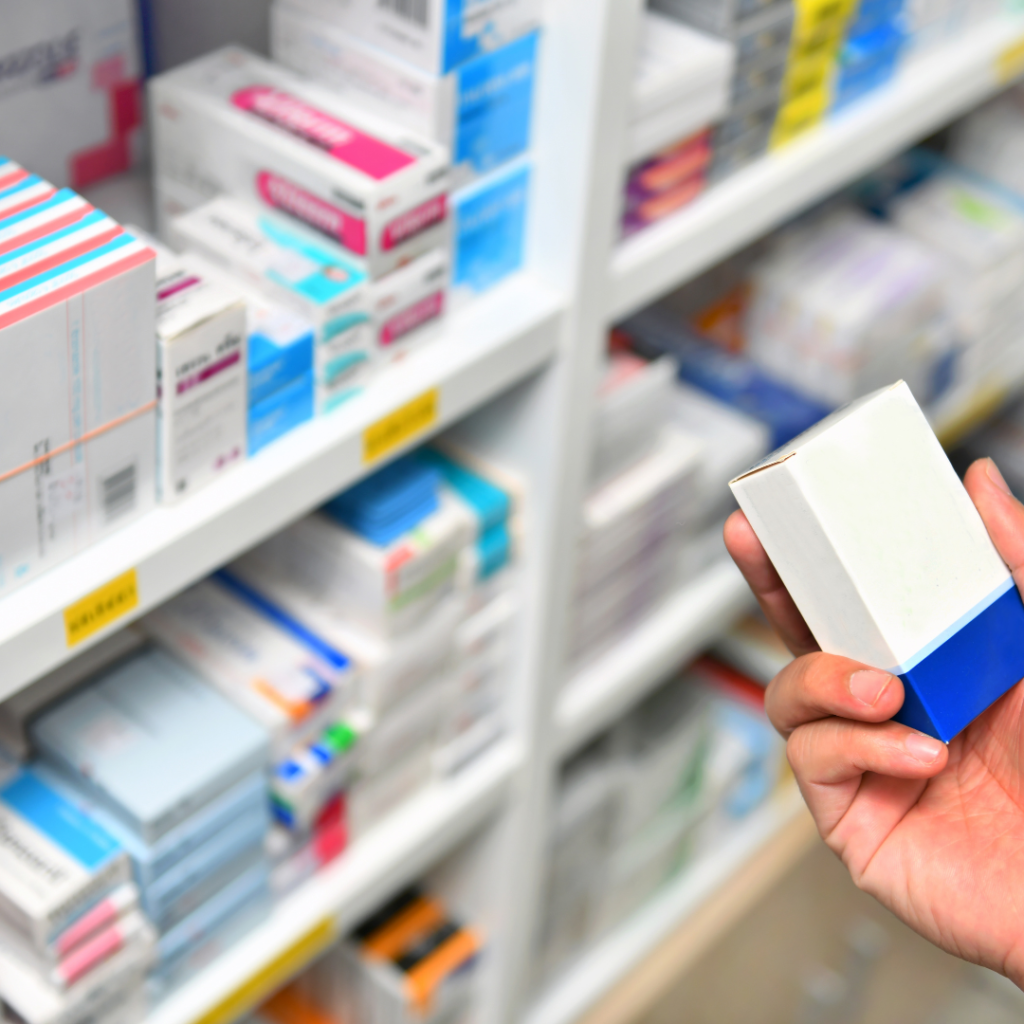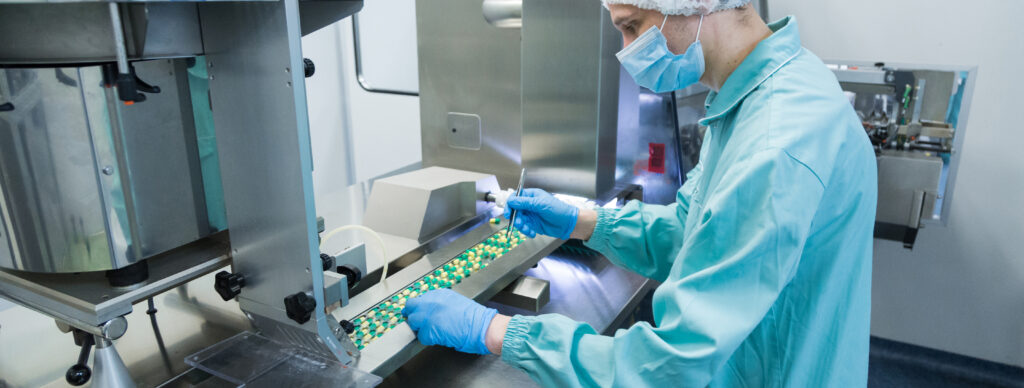The Relationship Between the Healthcare Industry and Healthcare Professionals: Challenges and Developments
Promotional visit for medicinal products in France refers to promotional interactions with healthcare professionals (HCPs) conducted by authorized collaborators from the pharmaceutical industry.
The structural reform of health insurance established by the law of August 13, 2004, resulted in the first Charter of Medical Visit. The objective was to better regulate the commercial and promotional practices of laboratories that could harm the quality of care (creation of Article L.162-17-8 of the Social Security Code).
Since 2008, the scope of the charter has been broadened to include prescribers practicing in health institutions, and not just those from private practices. The latest version of the Charter, dated October 15, 2014, is now titled the “Charter on information provided for the promotion of medicinal products through prospecting or canvassing ”
. All pharmaceutical companies with an authorization to open as an ”Exploitant”, and having signed an agreement with the CEPS (reimbursable medicines) must undertake to comply with the Charter declined in a reference framework drawn up by the Haute Autorité de Santé (HAS), the latest version of which in force dates from March 2017, as well as the Q&As that followed and notably the latest dated March 20, 2025 .
It is the practical application procedure of the Charter, and it is based on this procedure (certification reference system) that certifying bodies, accredited by the French Accreditation Committee (COFRAC), certify companies for their promotional activity. This procedure has two parts: one dedicated to the certification of the activity performed by the “Exploitant” companies themselves, on their own or in co-promotion, as well as the requirements that these companies must meet in the event of outsourcing all or part of their promotional activity. The second part is dedicated to the certification of the promotional activity performed by subcontracting companies.
Companies subject to this system must implement a quality management system that can sustainably meet the requirements of the Charter and its reference system:
Chapter 1: Definition, implementation and monitoring of the quality policy for this activity (internal audit, annual quality review, management of CAPAs, management of promotional documents, etc.).
– Chapter 2: Initial/induction/continuing training and knowledge assessment of promotional employees (7 regulatory themes and 2 scientific themes), random assessment and individual training pathways.
– In chapter 3: Compliance with ethical rules vis-à-vis patients, healthcare professionals, competitor companies, one’s own company and health insurance, including French anti-gift Law and RGPD regulation ( March 2025 Q&As update).
– In chapters 4 and 5: Co-promotion and use of subcontractors (contract, responsibility and organization and monitoring).
Pharmaceutical companies must prepare for annual certification audits (N: certification, N+1 surveillance, N+2 surveillance, N+3 renewal audit), regularly review their quality management system, and monitor the activities of all cross-functional functions involved (marketing, regulatory affairs, medical, field staff: MSL and promotional staff, etc.). The challenges include ensuring regulatory compliance of promotional activities, which are one of the strategic pillars of the company’s business, and making a clear distinction between promotional activities and medical and scientific activities.
Medicines are not the only products concerned: the quality charter for the professional practices of persons responsible for the presentation, information or promotion of medical devices for individual use, health products other than medicines, and any associated services, published in the French Official Journal on March 8, 2022, and whose application guidelines are due to be published at the end of 2025, will apply simultaneously to the multi-product laboratories concerned and to medical device companies (“quality charter for professional practices for reimbursable products and services”).
The March 2025 Q&As update the notions of early access and compassionate use, as well as RGPD and French anti-gift Law, in a referential that celebrates its 8th anniversary this year.
But with all this:
What can they give to doctors, and what should they give to them? What can a KAM or MSL say? And above all, what messages should be delivered in relation to the therapeutic indications of the MA, early access or compassionate use, and off MA, taking into account the therapeutic strategy established by the HAS? How should we discuss the results of clinical trials? How to declare a congress with a speaker? Can a MSL train field associates? Can a delegate do referencing?
ATESSIA can help you with your internal audits, subcontractor audits, preparation for certification audits, drafting procedures or training (7 regulatory topics) for your field teams.
Sandrine De Sousa, Senior Consultant Compliance & Quality of External Communications
For more information
🌐 https://www.atessia.fr/fr/accueil/
Get in touch!
👤 Géraldine BAUDOT-VISSER
📞 +33 764 273 693






